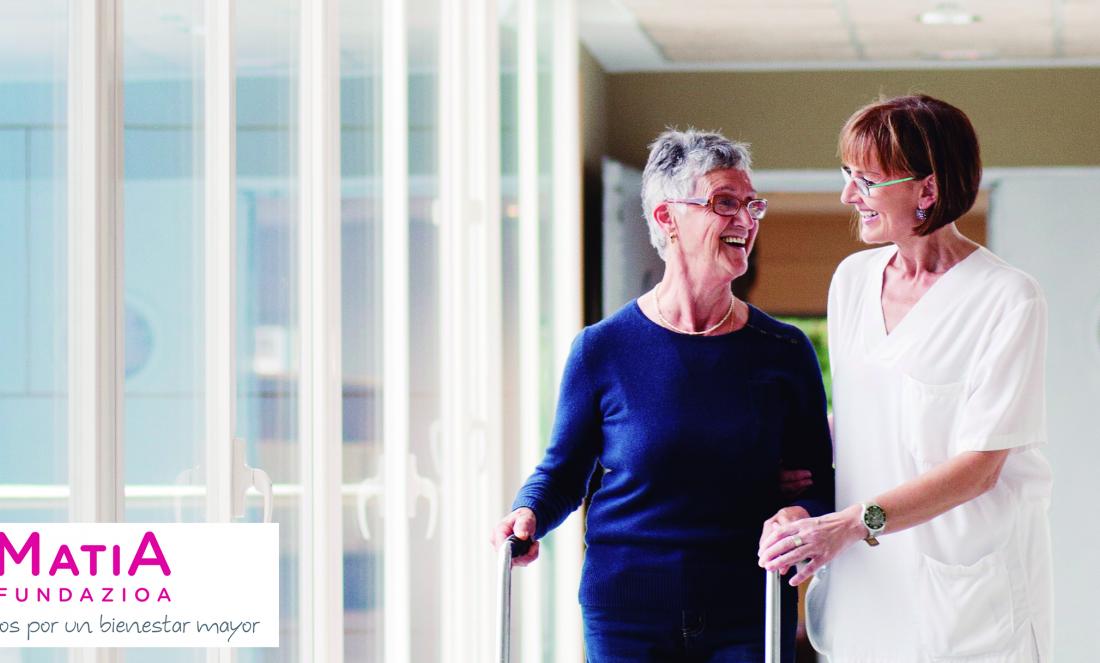
A Nurse's Reflections on Caring from the Person-Centred Care Model
Care... the essence of nursing.
When we speak of caring, nurses do so with a holistic vision of the person, guaranteeing the physical, psychological and social well-being of the individual, the family and the community. And we do this not only with the management and knowledge of techniques and care plans in the healing, promotion and prevention of health, in which we are skilled, but also by helping others to grow and fulfil themselves, to face the difficulties of life in a capable and committed way from different theoretical frameworks that guide us in this task.
If we talk about the model of care centred on the elderly, from a nursing point of view we are talking about this, promoting improvements in the field of health that influence the quality of life and well-being of the person, respecting at all times their rights, dignity, interests and preferences and making them participants and active persons in the planning and execution of their care, not only with the aim of curing the illness, but also with the idea of promoting good habits and lifestyles as well as preventing illness and/or complications in those people with chronic illnesses.
A very valuable tool provided by this model is also the greater knowledge of people, since only by knowing them well can we understand what it is like for them to be and feel well cared for, and in this way we can do so from their perception of health and from the interests of the person being cared for, thus guaranteeing quality care in all dimensions of the person.
But this does not stop there, as nursing intervention goes beyond this, because the nurse is the provider of training and information to the people who care for them, both informal carers and direct care professionals who attend to people in residential units or centres, of all those aspects aimed at favouring an optimum state of health, well-being and quality of life of the people cared for, as well as their own, as it is very difficult to care with quality criteria if one does not know how to care for oneself.
On the other hand, when we are told about the model, it can generate mistrust on the part of some health professionals who understand that one can take risks by respecting the decisions of the people themselves or leave some decisions that they understand as their own in the hands of the direct care providers, and nothing is further from the truth. It is here that the nursing professional can develop a wide range of work as a teacher and trainer for the adequate provision of care, explaining very well where the limits are and developing to the maximum the capacities for care and self-care of the people they are caring for and who are being cared for.
The nursing professional must therefore maintain a critical and reflective attitude towards the reality of people and their rights, thus guaranteeing the application of care with quality and sensitivity, helping to generate, together with the rest of the multidisciplinary team involved in care (carers, psychologists, occupational therapists.), the necessary impact to generate change in the model of care for the elderly, as we are all indispensable tools of this model.
"To cure you have to know the disease, to care you have to know the person" (Nájera)

Add new comment